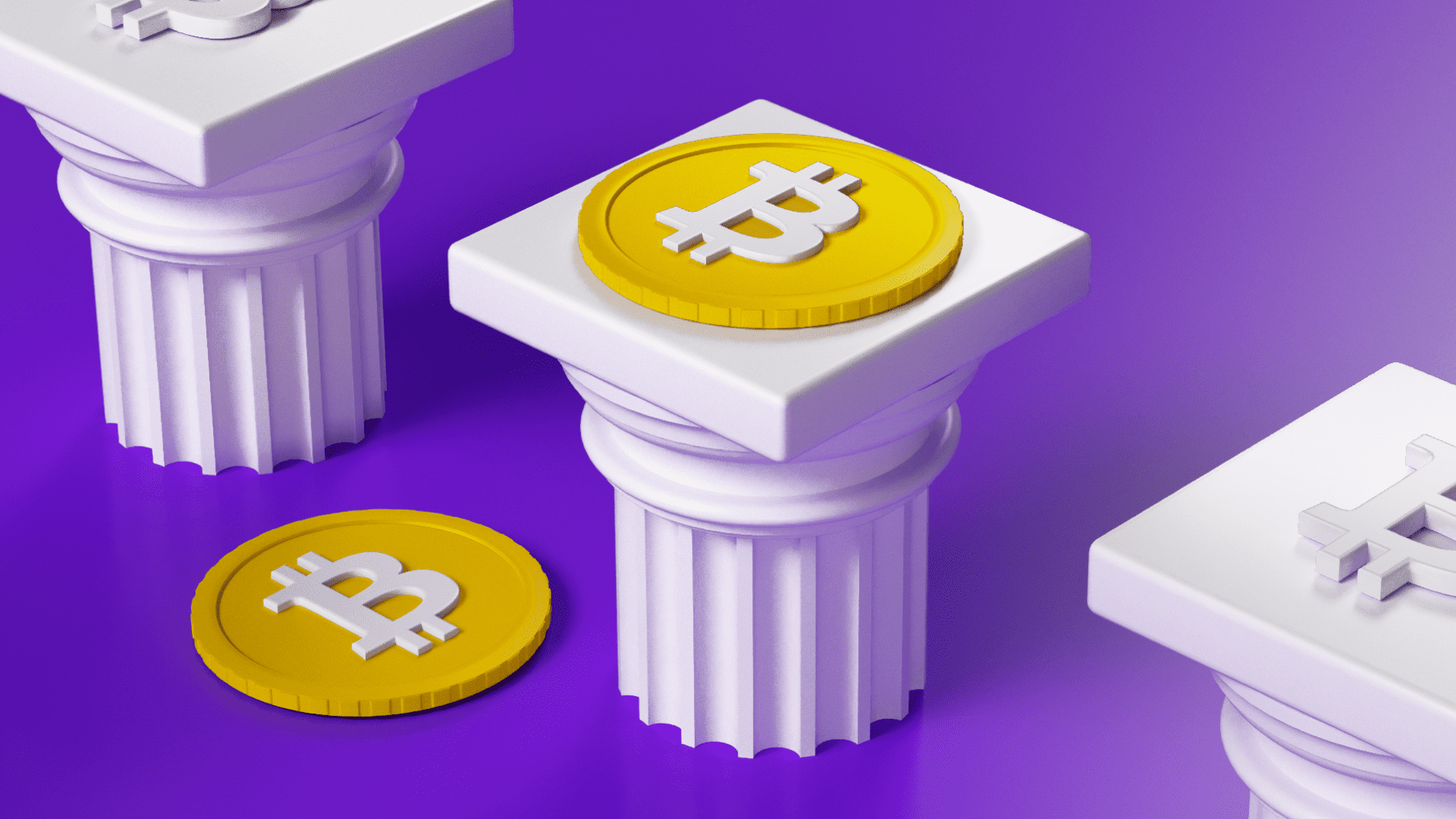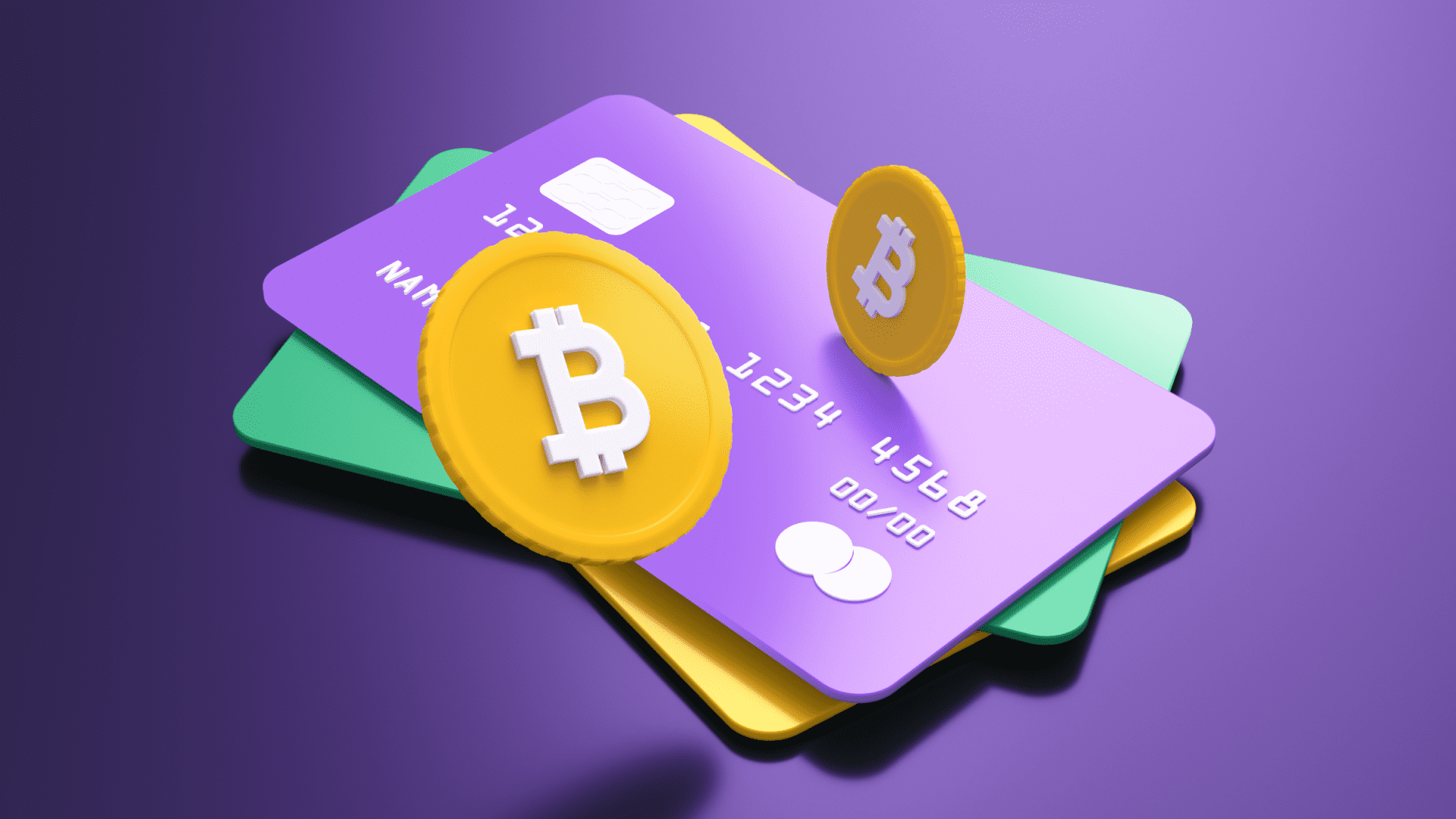
You’ve heard about Bitcoin and understand that it’s something important in modern finance. But when you try to discover it, you’re attacked with unfamiliar words like “blockchain” and “mining” that are not explained in simple terms. No wonder many newcomers just give up — getting to the bottom of all these details is a daunting task.
Moreover, with Bitcoin’s price skyrocketing, the temptation to learn about this cryptocurrency has never been greater.
This article is your guide to the world of Bitcoin, written for beginners. Step-by-step, we’ll walk you through all the basics, from what Bitcoin is and how it works to how to safely buy, store, and transfer it.
Is it Too Late to Buy Bitcoin?
On the contrary, now is a great time to join the growing cryptocurrency market. A significant event known as the “halving” of Bitcoin took place in April.
The halving is the process of cutting in half the reward for mining new bitcoins. It occurs once every four years and leads to an increase in the cryptocurrency’s price.
Of course, not all cryptocurrencies increase in price. But Bitcoin, as the first and most well-known digital coin, remains the most reliable and understandable asset, especially for novice investors. Bitcoin forms the foundation of most crypto portfolios.
I Don’t Have Enough Money to Buy a Whole Bitcoin
The high price of Bitcoin deters many newcomers, making a BTC purchase today seem unattainable. But this is a misconception — you can acquire Bitcoin in small fractions. The minimum unit is the satoshi.
A satoshi is one hundred millionth of a whole BTC.
Moreover, there are P2P platforms where the price of Bitcoin is lower than on independent exchanges. P2P platforms are essentially classifieds where users directly trade cryptocurrencies with each other, without intermediaries.
With Monetory, you can compare offers across different P2P platforms and find the most advantageous rate for buying Bitcoin.
What You Need to Know About Bitcoin
Like any other cryptocurrency, Bitcoin operates on a blockchain.
A blockchain is a distributed database stored simultaneously on thousands of computers. It’s a massive public online ledger where network participants add records of transfers between each other. Each new entry is linked to the previous one, forming a chain. This structure makes Bitcoin transparent and secure.
But who updates this blockchain with new transactions? That’s the job of miners.
Mining is the processing of all new Bitcoin transactions. Miners collect fresh transfers into a new block and add it to the existing chain. To do this, they have to solve mathematical equations on devices called ASICs.
Due to high competition, individual miners find it difficult to discover new blocks on their own. So they pool their resources together into mining pools. It allows ordinary miners, who cannot compete with huge mining farms, to earn rewards. When one pool member finds a solution, the reward is distributed proportionally to contribution.
Bitcoin itself only exists in the form of records on the blockchain. But to manage it, you need a crypto wallet. It essentially provides access to those coins registered on the blockchain under your addresses.
A Bitcoin transfer takes around an hour. The fees are high — around $15 per transaction. These facts are Bitcoin’s main drawbacks.
It is far from everything you need to know about the first cryptocurrency. The point is, that Bitcoin’s features are simultaneously its main advantages over traditional money or other cryptocurrencies. More on those advantages below.
Key Advantages of Bitcoin
- Limited Supply. There will only ever be 21 million bitcoins created, with no more to be issued after that. It makes it a deflationary asset like gold.
- Decentralization. Bitcoin has no central controlling authority. Instead, transactions are verified collectively by miners. It’s virtually impossible to shut down or hack such a decentralized network.
- Transparency. All transfers are recorded publicly on the blockchain for network participants to see. However, the identities of senders and recipients are obscured behind encrypted address numbers, providing a degree of anonymity.
- Security. Bitcoin transactions are secured by cryptographic digital signatures that are extremely difficult to forge. To spend someone else’s bitcoins, you’d need to crack the code or obtain their private key — essentially impossible. It makes Bitcoin one of the most secure payment systems around.
- Global Accessibility. Using Bitcoin requires no bank accounts or traditional financial services. All you need is a digital wallet to store coins, and you can freely send/receive payments anywhere in the world with an internet connection.
- Divisibility. As a strictly digital asset, bitcoins can be divided up. It enables microtransactions and purchasing of fractions rather than whole, costly coins.
- Independence. With traditional financial systems, your money is fully controlled by banks and governments who can freeze accounts or transactions. With Bitcoin, only you as the owner of the private crypto keys have full control over your coins. No central authority can prevent, block, or reverse your Bitcoin transactions.
Where to Buy Bitcoin
Let’s say you have only fiat money — cash or assets in a bank account. There are two main options: P2P exchanges and independent exchangers.
On P2P platforms, you’ll get a better rate since real market pricing is formed based on supply and demand. Independent exchanges typically offer less favorable rates than exchanges, but the process is simpler: you enter your details, transfer the money, and bitcoins arrive in your wallet. No verifications are required here.
Monetory can help you find out where the best rates are and locate the right purchasing option for you.
If you already have some cryptocurrency, it’s even easier. BTC is available on all major exchanges: HTX, Bybit, OKX, Bitget, Gate.io, and others. In the “Spot Trading” section you can easily exchange any other coin for bitcoin.
Where to Store Bitcoin
The coins are stored in cryptocurrency wallets. A wallet is an address (a sequence of numbers and letters) to which coins are transferred. To manage these funds, we need special tools. Here are the three main options:
- Exchanges: this is the most convenient method. You can easily trade and manage your bitcoins right through the exchange. But it’s also the least secure option. Why? Because exchanges are vulnerable to hacking risks. If an exchange gets hacked, you could lose all your funds. So only use exchanges for trading. For long-term storage, it’s better to use other options.
- Software wallets: you need to download a program on your computer or mobile device, and you’ll have full control over your bitcoins. While less convenient than storing on an exchange, it’s more secure. Examples: Electrum, Exodus, and Atomic Wallet.
- Hardware wallets: this is the most secure but least convenient method. It’s a physical device you can connect to your computer. Since it’s not connected to the internet, it’s impossible to hack. Examples: Ledger Nano S, Trezor, and KeepKey.
How to Protect Yourself from Scammers
Where there’s money, there are scammers. It is especially true in cryptocurrencies. Here are some steps you can take to protect yourself.
Never share your private keys. Whoever has the seed phrase owns the wallet. Never give it to anyone, even if they claim it’s for your security.
Use two-factor authentication. Enable two-factor authentication wherever possible. It adds an essential extra layer of security to your accounts.
Verify addresses before sending. Before sending bitcoins, double-check that you have the correct address. If you make even a single character mistake — your funds are lost forever.
Be cautious about public information. Don’t overshare details about your crypto investments on social media or other public places. It can make you a target for scammers.
Avoid phishing websites. Carefully check the URL asking for personal info or private keys. Better yet, use our browser extension — it will alert you to any scam sites.
Keep software updated. Always use the latest software versions for your wallet and devices. Updates can contain critical security patches.
Where to Use Bitcoin
- Trading. Buying and selling to profit from price fluctuations.
- Long-term holding. You can simply store BTC in your wallet and watch it appreciate over time. No active trading, experience, or knowledge is required — just buy and hold.
- Sending money transfers. Say you have relatives abroad you want to send money to. Crypto allows fast, affordable, and secure transfers.
- Payments. Some companies and services accept Bitcoin for goods and purchases. This could be online stores or even certain real-world restaurants and businesses. See the full list here.
Wherever you use Bitcoin, find the best offers to buy with Monetory!






